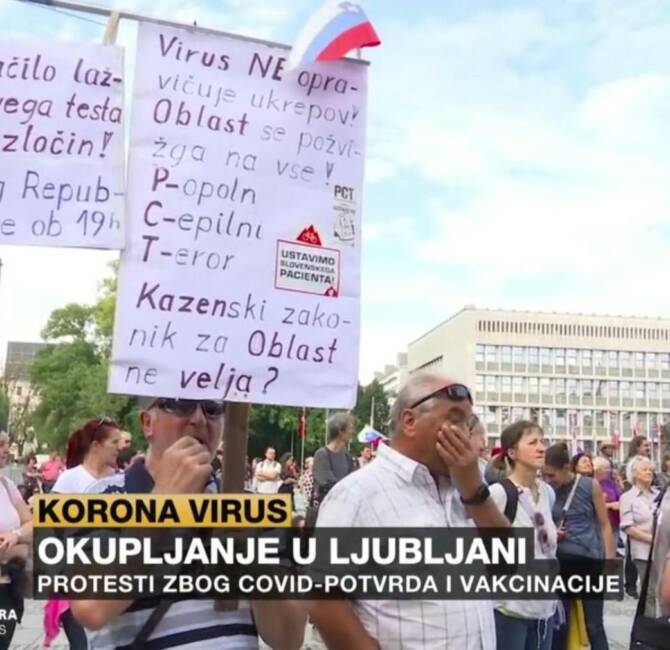Czech Republic – On Tuesday 3 August, Czech President Miloš Zeman signed into law a bill approved by the Senate on 22 July, according to which Roma women who were forcibly – and illegally – sterilized in the Czech Republic under the communist regime and later until 2012 (!) will finally be “compensated” with payments of 300,000 koruna (about 11,800 euro).
A historic day
“This is a historic day […]
The women who became the victims of those illegal sterilizations have been meeting for 18 years, and now they have finally obtained justice and satisfaction.
During that struggle, the women have had to overcome a great deal of stigma and trauma. We also remember those who did not live [long enough] to see this moment,” said Sri Kumar Vishwanathan, the director of Vzájemné soužití (Living Together), a self-help association based in Ostrava, quoted by the Romea.cz website.
“This day is also of great importance with respect to coming to terms with the dark past of the totalitarian regime.
We want to thank the President for signing the bill into law. We would also like to thank the MPs from across the political spectrum, the senators, the members of the government, the Office of the Public Defender of Rights, many NGOs, European institutions, international institutions and figures, who all accompanied us on this long journey.”
A long struggle for justice
Elena Gorolová, 51, a social worker from Ostrava who was herself sterilized at the age of 21, was quoted by The Guardian: “We fought long and hard to win this battle; some of the women are now old, while others have passed away. I am glad they will get to see the light of justice.”
Slovakia also concerned
For her part, Barbora Černušáková (Amnesty International) explains:
“We hope that the adoption of the compensation bill will send a message to other countries in the region, in particular Slovakia, which has yet to adopt a similar compensation mechanism.”
Indeed, the same question also arises in neighbouring Slovakia, where the practices of the Czechoslovak communist regime also persisted until the 2000s. The Slovak Minister of Justice, Mária Kolíková, said on this subject on 20 July: “We are currently considering the possibility of adjustments in cooperation with the relevant ministries, especially with the health and finance ministry and with the support of the prime minister.” This suggests that similar compensation could be forthcoming in Slovakia, assuming of course that money can ever compensate for being deprived of the opportunity to have children.




